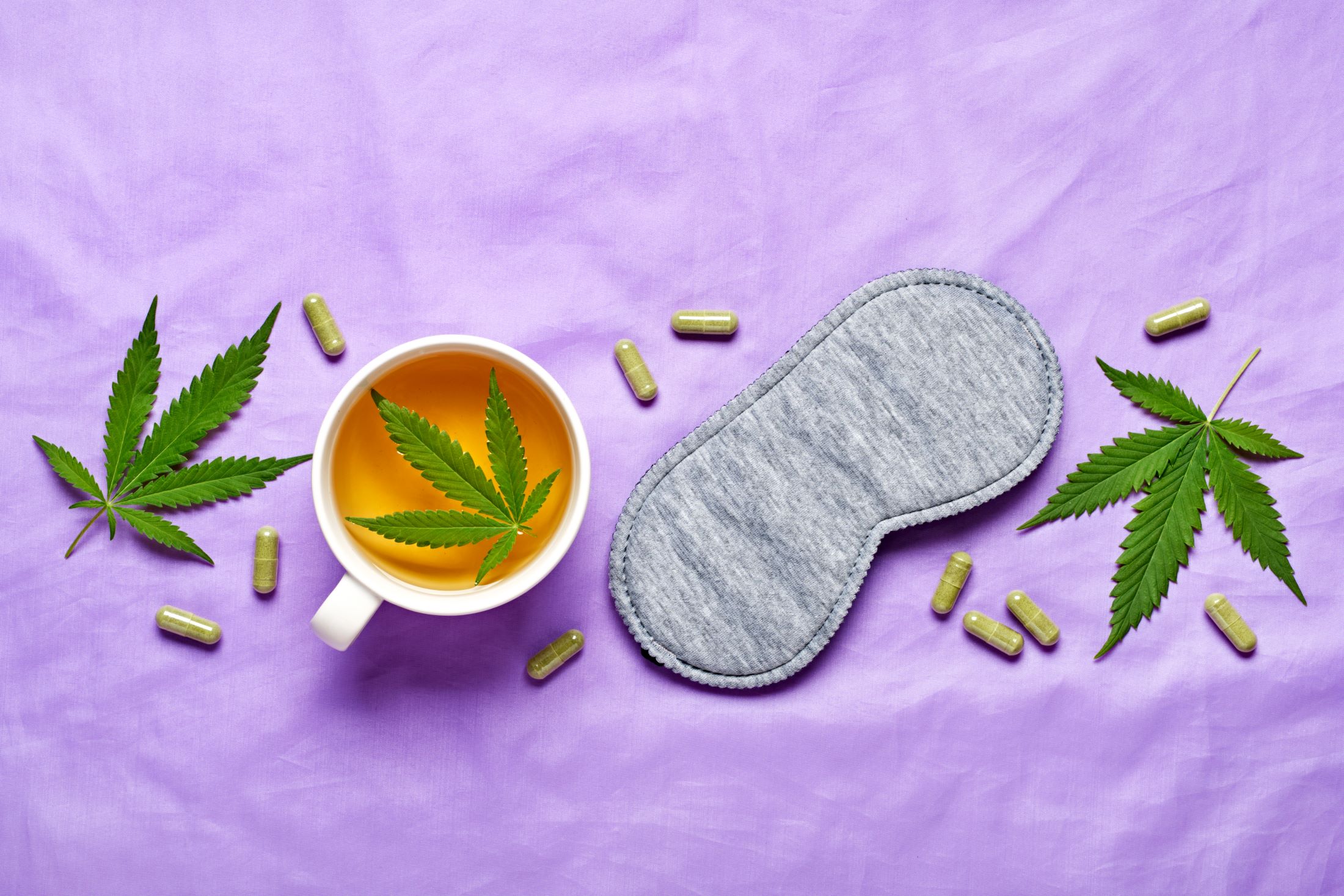Insomnia, the persistent difficulty in falling asleep or staying asleep, affects millions worldwide, disrupting not only nighttime rest but also daytime functioning and overall well-being. While traditional treatments like medications and therapy exist, many individuals seek alternative remedies to alleviate their sleep woes. Enter medical marijuana, a hot topic in the realm of sleep disorders. At CannaLeaf Health we’ve helped many patients over the years and wanted to delve into the topic and separate fact from fiction.

Understanding Insomnia
Before diving into the potential benefits of medical marijuana, it’s crucial to understand the nature of insomnia. It’s not just a matter of feeling a bit tired the next day; chronic insomnia can have serious implications for one’s health, impacting mood, cognitive function, and even increasing the risk of certain diseases. From stress and anxiety to medical conditions and lifestyle factors, insomnia has a multitude of causes, making it a complex issue to tackle.
The Role of Medical Marijuana
Now, let’s talk about medical marijuana. This versatile plant has been making waves in the healthcare industry, touted for its therapeutic properties in various medical conditions, including chronic pain, epilepsy, and nausea. But what about insomnia? Research suggests that certain compounds in marijuana, notably cannabinoids like THC and CBD, may offer relief for sleep disturbances.
THC vs. CBD: Understanding the Difference
THC (tetrahydrocannabinol) and CBD (cannabidiol) are two of the most well-known cannabinoids found in marijuana. THC is primarily responsible for the plant’s psychoactive effects, inducing feelings of euphoria and relaxation. On the other hand, CBD is non-intoxicating and is believed to have a range of therapeutic benefits, including potential sleep-promoting properties.
The Science Behind Sleep and Marijuana
Several studies have explored the relationship between marijuana and sleep. While some research suggests that THC may help individuals fall asleep faster, it may also impair sleep quality and lead to next-day grogginess. Conversely, CBD has shown promise in promoting relaxation and reducing anxiety, which are common contributors to insomnia. Additionally, CBD may help regulate the sleep-wake cycle, potentially improving overall sleep patterns.
Navigating the Risks and Benefits
As with any treatment, it’s essential to weigh the potential risks and benefits of using medical marijuana for insomnia. While many individuals may find relief from their sleep troubles with marijuana, others may experience adverse effects such as drowsiness, memory impairment, or dependency. Furthermore, the legality and regulation of medical marijuana vary by location, making it important to consult with a healthcare provider before considering this option.
Exploring Alternative Therapies
While medical marijuana shows promise as a treatment for insomnia, it’s not the only option available. Lifestyle changes, cognitive-behavioral therapy for insomnia (CBT-I), and relaxation techniques like meditation and yoga can also play a crucial role in improving sleep quality. Additionally, over-the-counter or prescription sleep medications may be appropriate for some individuals, particularly those with severe or chronic insomnia.
Consult with a Medical Cannabis Professional
Medical marijuana holds potential as a treatment for insomnia, thanks to its ability to promote relaxation and potentially regulate sleep patterns. However, more research is needed to fully understand its effects on sleep and to identify the most effective formulations and dosages. As with any healthcare decision, it’s essential to consult with a qualified healthcare provider to determine the best approach for managing insomnia. If you’re interested in knowing more, we encourage you to reach out to us at CannaLeaf Health, we’re here to help!

